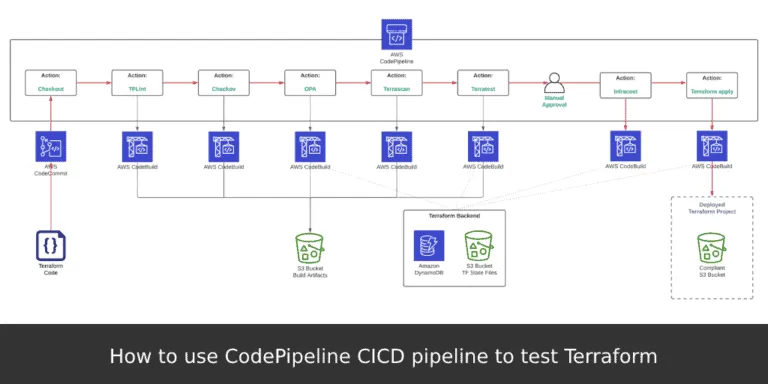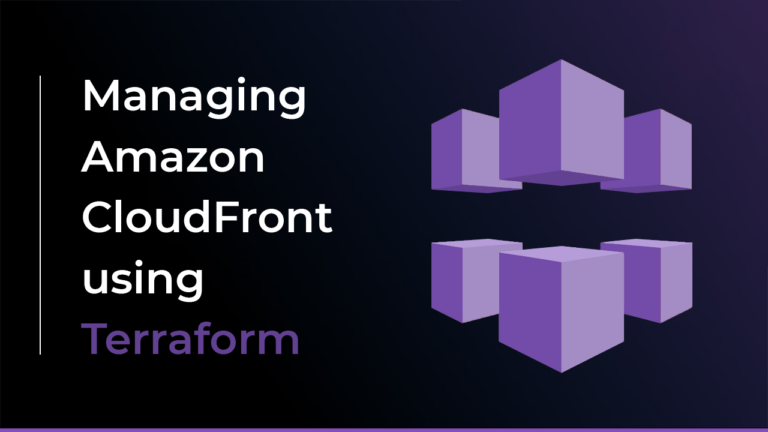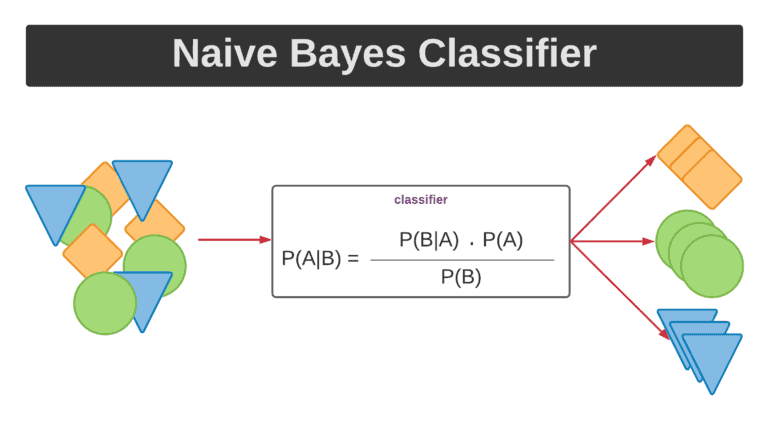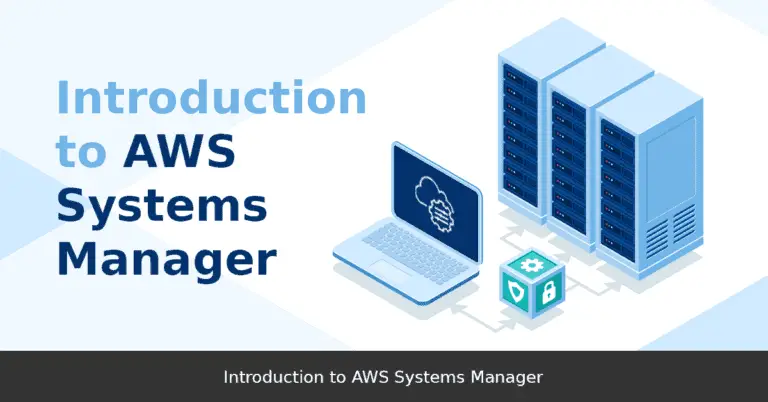Crush The AWS Certified Machine Learning Specialty Exam
Introduction
About the AWS Certified Machine Learning Specialty Exam
The AWS Certified Machine Learning Specialty Exam is a professional certification designed for individuals who perform development or data science roles and have more than one year of experience developing, architecting, or running machine learning workloads in the AWS Cloud. This exam validates a candidate’s ability to design, build, deploy, optimize, train, tune, and maintain machine learning (ML) solutions for given business problems using the AWS Cloud.
Importance of Certification
Obtaining the AWS Certified Machine Learning Specialty Certification offers several benefits:
- Global recognition: The certification confirms your ability to build, train, and deploy machine learning models utilizing the AWS Cloud, giving you recognition on a global scale for your knowledge, skills, and expertise.
- Career advancement: With a growing number of machine learning and data science jobs, competition is increasing. This certification helps you stand out whether you’re looking to get a job, shift your career, or get a promotion.
- Higher pay: The AWS Certified Machine Learning Specialty is among the highest-paying data-tech certificates worldwide.
- Skill development: Exam preparation helps you gain hands-on experience with AWS machine learning services and deepen your understanding of machine learning concepts and algorithms.
By earning the AWS Certified Machine Learning Specialty Certification, you demonstrate your expertise in building, training, tuning, and deploying ML models on AWS, making you a valuable asset to organizations seeking to leverage the power of machine learning in the cloud.
Exam Overview
Prerequisites and Recommended Experience
Before taking the AWS Certified Machine Learning Specialty Exam, it’s recommended that candidates have the following:
- At least two years of hands-on experience developing, architecting, and running ML or deep learning workloads in the AWS Cloud.
- Ability to express the intuition behind basic ML algorithms.
- Experience performing basic hyperparameter optimization.
Exam Format and Domains
The AWS Certified Machine Learning Specialty Exam consists of multiple-choice questions; candidates have 3 hours to complete it. The exam is scored on a scale of 100 to 1000, with a minimum passing score of 750. The exam covers four main domains:
- Data Engineering (20%): Involves data collection, storage, and processing techniques for machine learning.
- Exploratory Data Analysis (24%): Focuses on data visualization, feature engineering, and data transformation.
- Modeling (36%): Covers the selection, training, evaluation, and optimization of machine learning models.
- Machine Learning Implementation and Operations (20%): Addresses the deployment, monitoring, and maintenance of ML solutions in the AWS Cloud.
By understanding the prerequisites, exam format, and domains, candidates can better prepare for the AWS Certified Machine Learning Specialty Exam and increase their chances of success.
Domain 1: Data Engineering
Data Engineering is the first domain of the AWS Certified Machine Learning Specialty Exam, accounting for 20% of the exam content. This domain focuses on the following key aspects:
- Data Collection: Techniques for gathering and ingesting data from various sources, such as databases, APIs, and streaming services.
- AWS services:
- Amazon S3
- Kinesis
- Glue
- Data Storage: Methods for storing and organizing data in a scalable and cost-effective manner.
- AWS services:
- Amazon S3
- DynamoDB
- RDS
- Data Processing: Techniques for cleaning, transforming, and preparing data for machine learning models.
- AWS services:
- AWS Glue
- Amazon EMR
- AWS Lambda
- Feature Engineering: The process of creating new features or modifying existing ones to improve the performance of machine learning models.
- Techniques:
- Imputation
- Outliers
- Binning
- Normalization
- Data Integration: Combining data from multiple sources and ensuring consistency and quality.
- AWS services:
- AWS Glue
- Amazon Redshift
- AWS Data Pipeline
By mastering the concepts and techniques in Data Engineering, candidates can effectively handle the data-related tasks required for building, training, and deploying machine learning models on AWS.
Domain 2: Exploratory Data Analysis
Exploratory Data Analysis (EDA) is the second domain of the AWS Certified Machine Learning Specialty Exam, accounting for 24% of the exam content. This domain focuses on the following key aspects:
- Data Preparation: Techniques for handling missing values, formatting, normalizing, and scaling data to prepare it for machine learning tasks.
- AWS services:
- Amazon SageMaker Data Wrangler
- Feature Engineering: The process of identifying and extracting features from datasets to improve the performance of machine learning models.
- Techniques:
- Imputation
- Outliers
- Binning
- Normalization
- Data Visualization: Methods for visualizing datasets to understand patterns, trends, and outliers.
- Types of visualizations:
- Scatterplots
- Histograms
- Box plots
- Elbow plots
- AWS services:
- Data Analysis: Understanding underlying trends and outliers in data using basic statistics and data visualization techniques.
By mastering the concepts and techniques in Exploratory Data Analysis, candidates can effectively prepare data for modeling, perform feature engineering, and analyze data to make it ready for subsequent machine learning steps on AWS.
Domain 3: Modeling
Modeling is the third domain of the AWS Certified Machine Learning Specialty Exam, accounting for 36% of the exam content. This domain focuses on the following key aspects:
- Model Selection: Choosing the appropriate machine learning model for a business problem.
- AWS services:
- Amazon SageMaker built-in algorithms
- Model Training: Techniques for training machine learning models using AWS services.
- AWS services:
- Amazon SageMaker
- SageMaker Experiments
- SageMaker Debugger
- Hyperparameter Optimization: Methods for tuning model hyperparameters to improve performance.
- AWS services:
- Amazon SageMaker Automatic Model Tuning
- Model Evaluation: Assessing the performance of machine learning models using various evaluation metrics.
- Metrics:
- Accuracy
- Precision
- Recall
- F1 score
- AUC-ROC
- Model Optimization: Techniques for optimizing machine learning models to reduce overfitting, improve generalization, and enhance performance.
- Techniques:
- Regularization
- Early stopping
- Dropout
By mastering the concepts and techniques in Modeling, candidates can effectively select, train, evaluate, and optimize machine learning models on AWS, ensuring the best possible performance for their specific use cases.
Domain 4: Machine Learning Implementation and Operations
Machine Learning Implementation and Operations is the fourth domain of the AWS Certified Machine Learning Specialty Exam, accounting for 20% of the exam content. This domain focuses on the following key aspects:
- Security: Ensuring the confidentiality, integrity, and availability of machine learning solutions on AWS.
- AWS services:
- AWS Identity and Access Management (IAM)
- Amazon Cognito
- AWS Key Management Service (KMS)
- Deployment: Techniques for deploying machine learning models on AWS, including versioning, A/B testing, and rollback strategies.
- AWS services:
- Optimization: Methods for optimizing machine learning solutions to improve performance, reduce costs, and enhance scalability.
- AWS services:
- Amazon SageMaker
- AWS Auto Scaling
- Amazon Elastic Container Service (ECS)
- Monitoring and Maintenance: Techniques for monitoring the performance, health, and usage of machine learning solutions, as well as maintaining and updating them as needed.
- AWS services:
- Amazon CloudWatch
- AWS CloudTrail
- AWS Config
By mastering the concepts and techniques in Machine Learning Implementation and Operations, candidates can effectively deploy, monitor, and maintain secure and scalable machine learning solutions on AWS, ensuring their long-term success and adaptability to changing business needs.
Study Resources
Utilizing various study resources is essential to prepare for the AWS Certified Machine Learning Specialty Exam. Here are some recommended resources to help you get started:
Official AWS Resources
- AWS Training and Certification: AWS offers a comprehensive learning path for the Machine Learning Specialty Exam, including free online training, hands-on labs, and instructor-led courses.
- AWS Whitepapers: AWS provides several whitepapers on machine learning, which can help deepen your understanding of key concepts and best practices.
- AWS Documentation: The official AWS documentation for machine learning services, such as Amazon SageMaker, AWS Glue, and Amazon Kinesis, is an invaluable resource for learning about specific services and their features.
Recommended Courses and Tutorials
- Udemy: AWS Certified Machine Learning Specialty by Stephen Maarek: This comprehensive course covers all exam domains and includes hands-on exercises and quizzes.
- A Cloud Guru: AWS Certified Machine Learning Specialty: A Cloud Guru offers a popular course covering exam objectives with video lectures, quizzes, and hands-on labs.
- Whizlabs: AWS Machine Learning – Specialty Online Course: This course provides a structured learning path, including video lectures, quizzes, and hands-on labs, to help you prepare for the exam.
Books and Practice Exams
- AWS Certified Machine Learning Study Guide: Specialty (MLS-C01): This book offers a comprehensive study guide, including exam objectives, practice questions, and hands-on exercises.
- 15 Best Machine Learning Books for Beginners and Experts will also help you dive deeper to the topic and get ready for the exam.
- AWS Certified Machine Learning Specialty Practice Exams: Practice exams are an essential part of exam preparation, helping you assess your knowledge and identify areas for improvement. Several providers offer practice exams, such as Whizlabs and Udemy:
By utilizing a combination of official AWS resources, courses, tutorials, books, and practice exams, you can effectively prepare for the AWS Certified Machine Learning Specialty Exam and increase your chances of success.
Preparation Tips
To increase your chances of success on the AWS Certified Machine Learning Specialty Exam, consider the following preparation tips:
Creating a Study Plan
- Set a target date: Determine a realistic target date for taking the exam, considering your current knowledge and available time for studying.
- Allocate time: Allocate sufficient time for each exam domain, considering the weightage of each domain in the exam.
- Prioritize topics: Focus on topics where you have less experience or knowledge, and allocate more time to those areas.
- Schedule regular reviews: Schedule periodic reviews of previously studied material to reinforce your learning and ensure retention.
- Include practice exams: Incorporate practice exams into your study plan to assess your progress and identify areas for improvement.
Hands-on Experience and Labs
- Use AWS Free Tier: Take advantage of the AWS Free Tier to gain hands-on experience with AWS machine learning services, such as Amazon SageMaker, AWS Glue, and Amazon Kinesis.
- Complete labs: Complete hands-on labs provided in online courses, such as Udemy, A Cloud Guru, and Coursera, to reinforce your learning and gain practical experience.
- Work on personal projects: Apply your knowledge to personal projects or real-world scenarios to deepen your understanding and gain practical experience.
Exam-taking Strategies
- Read questions carefully: Ensure you understand the question and its requirements before answering.
- Eliminate incorrect answers: Use the process of elimination to narrow down your choices, increasing your chances of selecting the correct answer.
- Manage your time: Allocate sufficient time for each question, and avoid spending too much time on a single question.
- Review flagged questions: Flag questions you are unsure about and review them at the end of the exam if time permits.
- Stay calm and focused: Maintain a calm and focused mindset throughout the exam, and take deep breaths if you feel anxious or overwhelmed.
By following these preparation tips and incorporating them into your study plan, you can increase your chances of success on the AWS Certified Machine Learning Specialty Exam.
Post-Exam Steps
After completing the AWS Certified Machine Learning Specialty Exam, it’s essential to take the following steps to make the most of your certification:
Understanding Your Results
- Review your score report: After completing the exam, you will receive a score report summarizing your performance in each domain. Review this report to understand your strengths and areas for improvement.
- Celebrate your success: If you pass the exam, take the time to celebrate your achievement and share your success with your professional network.
Leveraging Your Certification
- Update your resume and LinkedIn profile: Add your AWS Certified Machine Learning Specialty Certification to your resume and LinkedIn profile to showcase your expertise to potential employers and clients.
- Join the AWS Certified community: Connect with other AWS-certified professionals through online forums, social media, and local meetups to share knowledge, experiences, and opportunities.
- Explore job opportunities: Use your certification to explore new job opportunities or seek promotions within your current organization.
Continuing Your AWS Learning Journey
- Stay up-to-date with AWS developments: Keep up with the latest AWS news, updates, and best practices by following AWS blogs, attending webinars, and participating in AWS events.
- Expand your AWS knowledge: Consider pursuing additional AWS certifications, such as the AWS Certified Solutions Architect, AWS Certified DevOps Engineer, or AWS Certified Data Analytics, to broaden your skill set and increase your marketability.
- Contribute to the AWS community: Share your knowledge and experiences with others by writing blog posts, creating tutorials, or speaking at conferences and meetups.
By following these post-exam steps, you can effectively leverage your AWS Certified Machine Learning Specialty Certification, continue your AWS learning journey, and advance your career in the rapidly growing field of machine learning and cloud computing.
FAQ
Is AWS machine learning specialty certification worth IT?
How much does the engineer with AWS Certified machine learning Specialty make?
What is the passing score for AWS Certified machine learning Specialty?
Which AWS specialty certification is best?
Conclusion
In conclusion, the AWS Certified Machine Learning Specialty Exam is a valuable certification for professionals seeking to demonstrate their expertise in building, training, and deploying machine learning models on AWS. By following the recommended study resources, preparation tips, and post-exam steps outlined in this blog post, you can:
- Effectively prepare for the exam by creating a study plan, gaining hands-on experience, and utilizing various resources.
- Maximize your chances of success on the exam by understanding the exam format and domains and employing effective exam-taking strategies.
- Leverage your certification to advance your career, explore new job opportunities, and continue your AWS learning journey.
By investing time and effort into preparing for the AWS Certified Machine Learning Specialty Exam, you can become a valuable asset to organizations seeking to harness the power of machine learning in the cloud and contribute to the growing field of machine learning and cloud computing.






